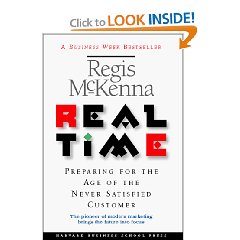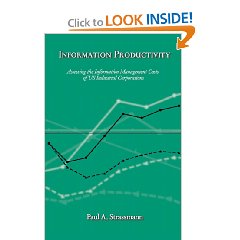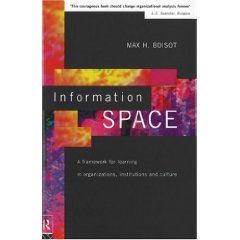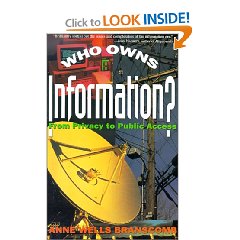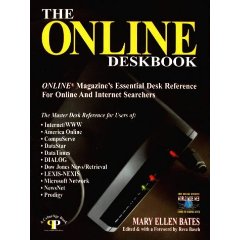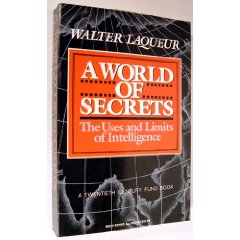Review: Real Time–Preparing for the Age of the Never Satisfied Customer
5 Star, Best Practices in Management, Capitalism (Good & Bad), Change & Innovation, Information Operations, Information Society, Information TechnologyThis may be one of the top three books I've read in the last couple of years. It is simply packed with insights that are applicable to both the classified intelligence community as well as the larger national information community. The following is a tiny taste from this very deep pool: “Instead of fruitlessly trying to predict the future course of a competitive or market trend, customer behavior or demand, managers should be trying to find and deploy all the tools that will enable them, in some sense, to be ever-present, ever-vigilant, and ever-ready in the brave new marketplace in gestation, where information and knowledge are ceaselessly exchanged.”



